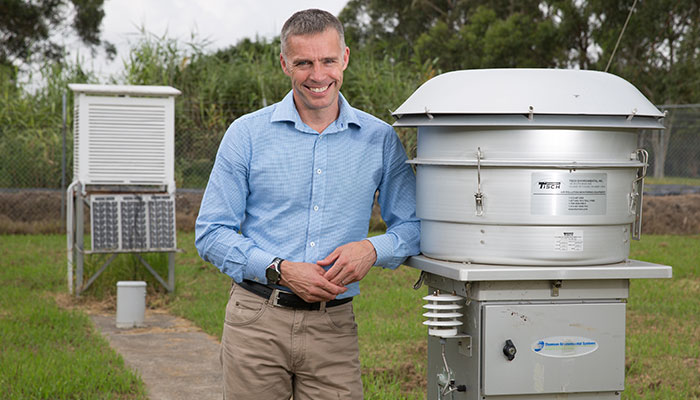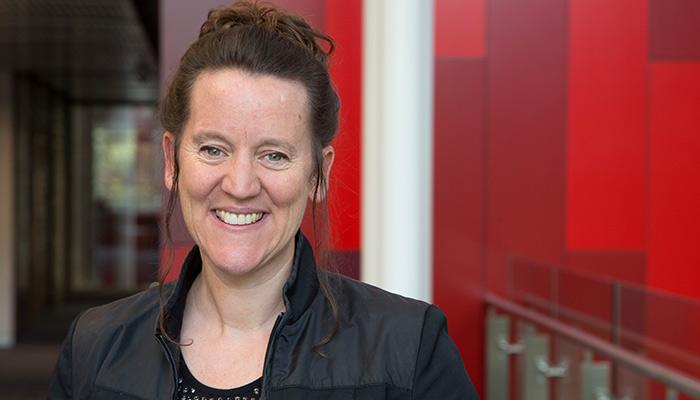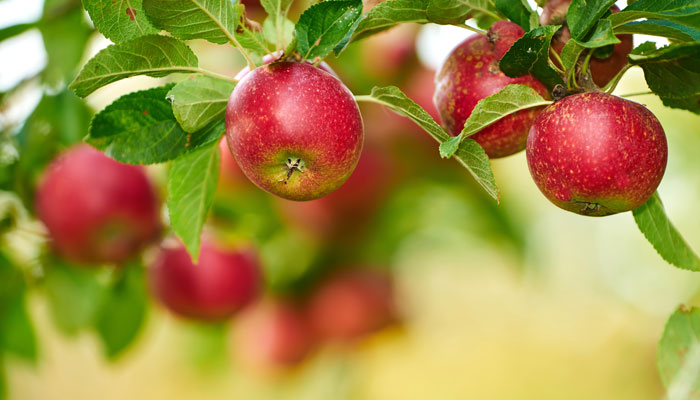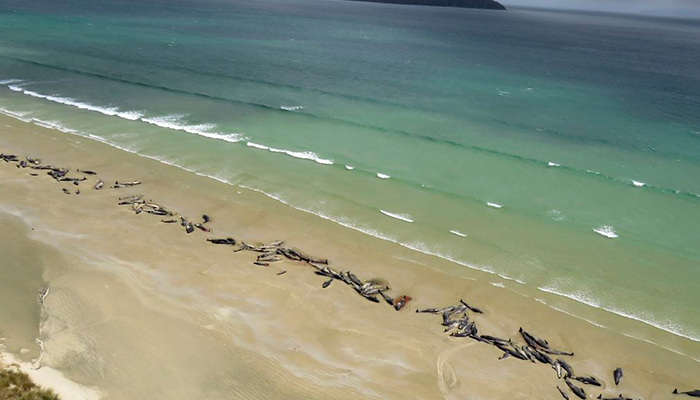Growing your own vegetables is supposed to be healthy but how much do you know about the soil they’re growing in? There could be metal contaminants in it and they could be getting into your crop.
Video credit: Olympus Australia.
Fortunately, there’s an easy way to find out if your soil is OK using the VegeSafe program, a citizen science endeavour being run by Environmental Science staff at Macquarie University in partnership with Olympus, who manufactured a portable soil analysis device.
Soil can pick up metal particles from many sources and these particles can remain for many years, says Professor Mark P Taylor, who is the Director of Macquarie University’s Energy and Environmental Contaminants Research Centre.
"Your garden soil could still contain lead deposited back before leaded petrol was banned in 2002, from previous land use or residue from old-style lead paints. The allowable limit of lead in house paint was reduced to 0.01 per cent in 1991, down from a staggering 50 per cent before 1965," Taylor said.
"Lead is not a nutritious trace element in your carrots: it’s a neurotoxin. Brain damage from lead exposure is irreversible.
"Other metals, such as arsenic, cadmium, chromium, copper, manganese, nickel and zinc won’t do you any good either if there are high concentrations in your soil. They might not be harmful for adults but children are more vulnerable. Toxic doses are lower for smaller bodies and children are more likely to stick their dirty fingers in their mouth."
High-tech tests
VegeSafe is a citizen science program, probably the largest of its kind in the world, and is supported by public donations, of both funding and soil samples. Members of the public can send samples of their garden soil for analysis – and more than 3000 people have so far sent upwards of 15,000 soil samples.
The VegeSafe team performs high-tech testing of these samples and provides the senders with a short report, as well as advice on things they can do to reduce the hazard if their soil is contaminated.
You should arrange to get the soil tested before building a vegetable garden or chicken run.
The work has attracted worldwide interest and Taylor’s group has now combined with researchers in the US to produce an interactive mapping tool of residential environmental contamination. The program is also starting in New Zealand in early 2020.
VegeSafe was recently named as Olympus Analytical Instrumentation’s Research Partner of the year, in recognition of the scientific and social value of the work it performs using X-ray fluorescence technology.

Better safe than sorry: Professor Mark Taylor's Australian Vegesafe project has attracted interest in the US and is launching in New Zealand in early 2020.
If you are worried about the risk of metal contamination, you should arrange to get the soil tested before buying or renting a home, and before building a vegetable garden or chicken run. You can also organise testing for house paint dating from before 1997, ceiling dust from before 2002 and all rainwater tanks.
- Would you like fries with your lab-grown burger?
- How museums can hook children for a lifetime of learning
If the results are unfavourable, there are a range of things you can do to minimise potential harm. You can find out more from VegeSafe.
Dr Mark Patrick Taylor is Professor of Environmental Science and Director of Macquarie University’s Energy and Environmental Contaminants Research Centre



